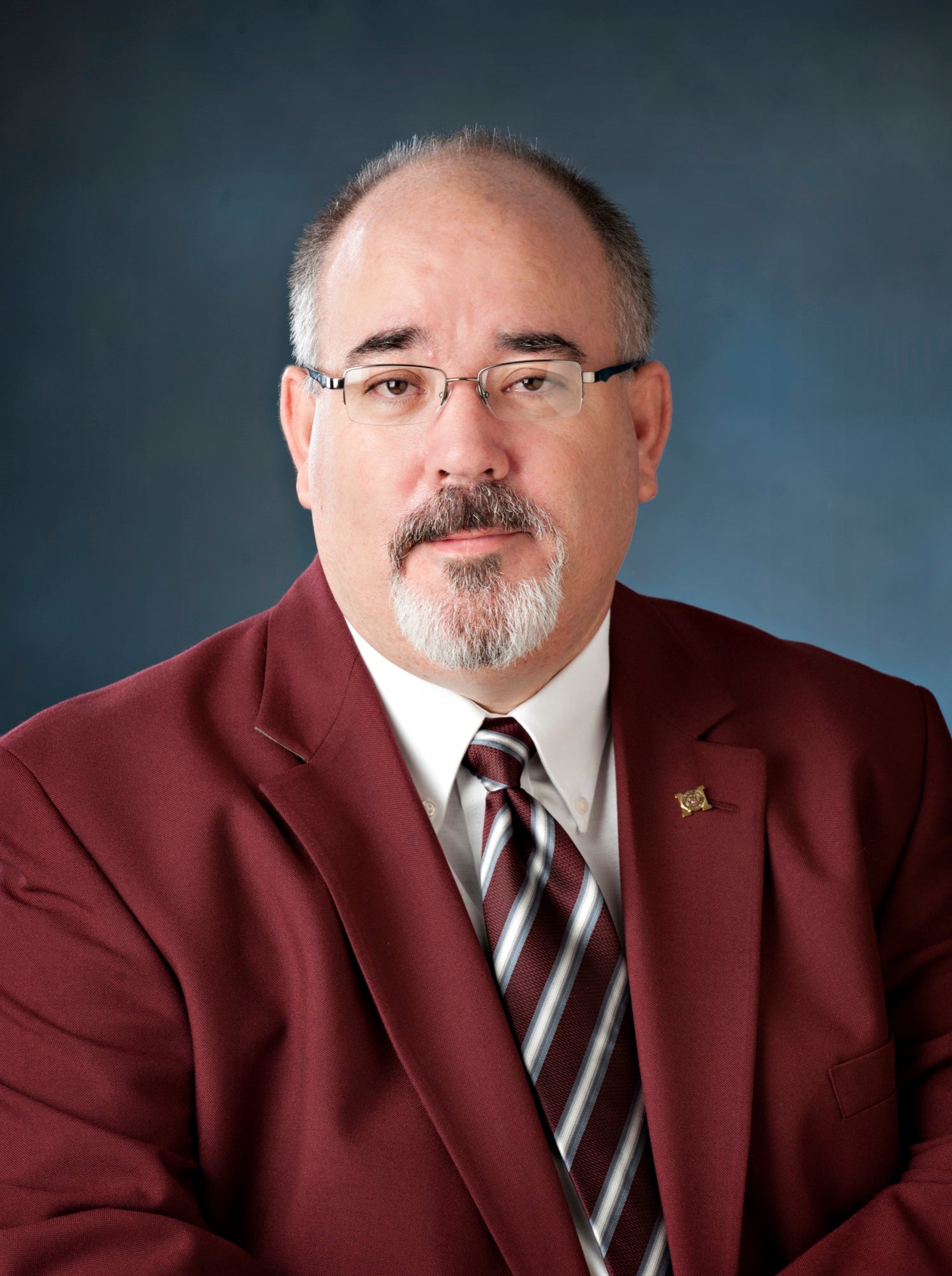Murders of nuns underscore their Christianity
Published 12:00 pm Monday, August 29, 2016

- Sid Salter
Like most Mississippians, I absorbed the brutal news of the murders of two Catholic nuns in their Durant home Thursday with a mixture of incredible sadness and no small amount of anger.
Sister Paula Merrill of the Sisters of Charity of Nazareth in Kentucky and Sister Margaret Held of the School Sisters of St. Francis in Wisconsin were in Mississippi to provide hope and help for some of the poorest people in this nation by serving as nurse practitioners at the Lexington Medical Clinic.
But press accounts have revealed that their service to their fellow man went far beyond health care. Truly, these women were doing the work of God in a place where the need could not have been greater and among people who had few other places or people to whom they could turn.
The more I learned of their service and charity, the sadder the news of their murders became. And out of those thoughts came another emotion — anger. Who in the world could ever justify killing a nun? These women shared or gave away virtually everything they had in service to others.
My thoughts returned to the reliable kindnesses of the Dominican Sisters of Springfield, Illinois, whose compassion and grace has long marked their service at St. Dominic Hospital in Jackson. During my late wife’s long illness and during some prior health issues of my own, we came to greatly admire and appreciate those relationships that went far beyond health care.
I thought of the ministries of so many nuns among the immigrant communities in the state. Then my thoughts raced back to TV coverage of the crime scene in Durant. And in those dark thoughts of swift retribution and hard punishment for whoever committed these murders, I thought back to executions I covered at Parchman — and I caught myself.
One of the most vivid memories I have of those experiences are the roles the nuns played in protesting the execution of Death Row inmates. Whether in the stifling Delta heat outside the prison gates at Parchman or on Capitol Street outside the Governor’s Mansion in Jackson, the nuns courageously stood for their faith and their beliefs.
I watched the protesting nuns at Parchman while covering the 2002 lethal injection execution of Florida career criminal Tracy Alan Hansen for the August 10, 1987 slaying of state Trooper David Bruce Ladner, which marked the first time since 1989 that Mississippi had actually enforced the death penalty and the first since the state stopped using the gas chamber.
The murder of Ladner was particularly heinous. Trooper Ladner was shot twice — once in the back — by Hansen, who had pulled Hansen’s Lincoln Continental over for a traffic violation on Interstate 10 west of Gulfport.
But the protesting nuns that day never wavered, continuing their peaceful death penalty protest even after Hansen received the lethal injection and died about ten minutes later following a rambling final speech in which he confessed to the crime: “I’m guilty. I shot the guy. I panicked. I was running from the law. I shouldn’t have had a gun.”
It came to me through those memories that despite the outpouring of sadness, grief and, yes, anger by most Mississippians over the senseless murders of Sisters Paula and Margaret, the victims of this crime would not seek retribution. Like their sisters, they would advocate forgiveness and peace, not the death penalty.
It is that irony that leaves so many struggling to make sense of what transpired on Castalian Springs Road in Durant. Why? Robbery? Again, they shared or gave away most everything they had as a matter of course on a daily basis.
Another of the many ironies of this awful crime is that it robs one of Mississippi’s poorest communities of vital health care opportunities. The role these sisters played in the lives of the poor and the sick in Holmes County will be assumed by . . .whom? When the faith-based ministries that politicians like to talk about are targeted, just who takes up that slack?
Because remarkable souls like these innocent, dedicated women don’t choose to come to rural Mississippi every day. Unfortunately, that hard truth will resonate in Holmes County in the days to come.
Sid Salter is a syndicated columnist.





